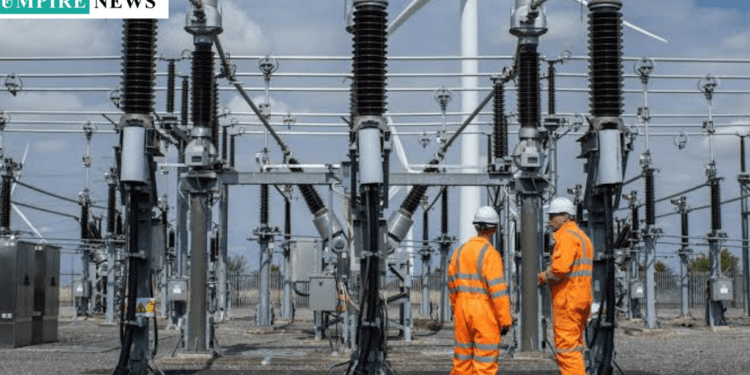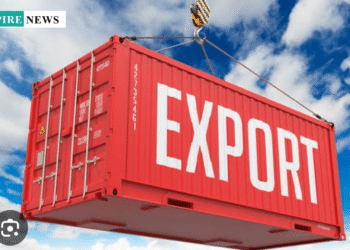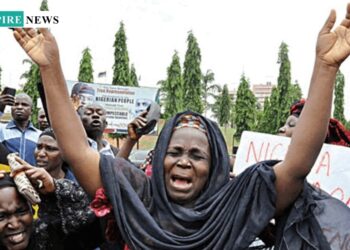The Nigerian National Grid has faced frequent collapses, affecting businesses and everyday life across the country. These outages have become a significant challenge for the nation’s economy. Industries that rely heavily on electricity suffer losses, and households endure long periods without power. This constant instability highlights the urgent need for thorough maintenance and improvement of the national power grid.
The national grid has been operating at capacity, with many parts of the infrastructure aging or in poor condition. This weak foundation makes it difficult for the grid to handle increasing demands. As a result, power disruptions have become more common, and efforts to restore full service often take days or even weeks. This inconsistency places a heavy burden on both businesses and citizens, leading to economic and social impacts that continue to worsen over time.
Industries such as manufacturing, telecommunications, and agriculture are especially vulnerable to power outages. These sectors rely on steady electricity to maintain operations. When power cuts occur, production halts, and workers are left idle. Manufacturing companies, for example, face difficulties meeting production deadlines, which leads to delayed deliveries and, ultimately, financial losses. For small businesses, the lack of reliable power often means equipment failure, spoilage of goods, and customer dissatisfaction. All of these factors combine to hurt the broader economy. As manufacturers, telecos rely heavily on private power generation in the economy due to unstable power from the national grid, so are costs of production passed to end users, in rapidly dwindling economy. This furthers hardship on Nigerians.
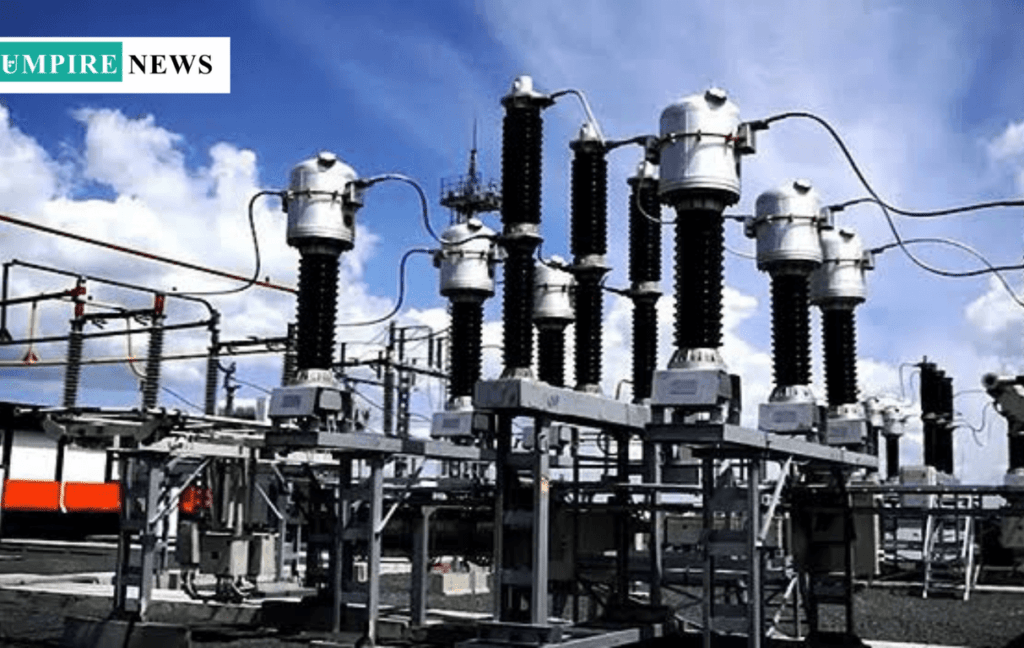
The power sector also affects job creation. When industries are unable to function efficiently due to grid instability, the ability to generate new employment opportunities decreases. Companies are less likely to expand or hire new staff when they face the constant uncertainty of power outages. This results in fewer jobs for Nigerians, further increasing unemployment levels.
Households also bear the brunt of the unreliable grid. Many people turn to alternative power sources such as generators, which come with their own set of challenges. The cost of fuel for these generators is high, and maintaining them can be expensive. For low-income families, this additional financial burden can push them further into poverty. In urban areas, residents may also face problems such as noise pollution and air pollution due to the widespread use of generators.
The economic losses tied to the constant failure of the national grid are substantial. A report from the Nigerian Economic Summit Group (NESG) suggested that power outages cost the economy billions of dollars annually. The lack of a reliable power supply creates a negative feedback loop where businesses suffer, jobs are lost, and economic growth slows down.
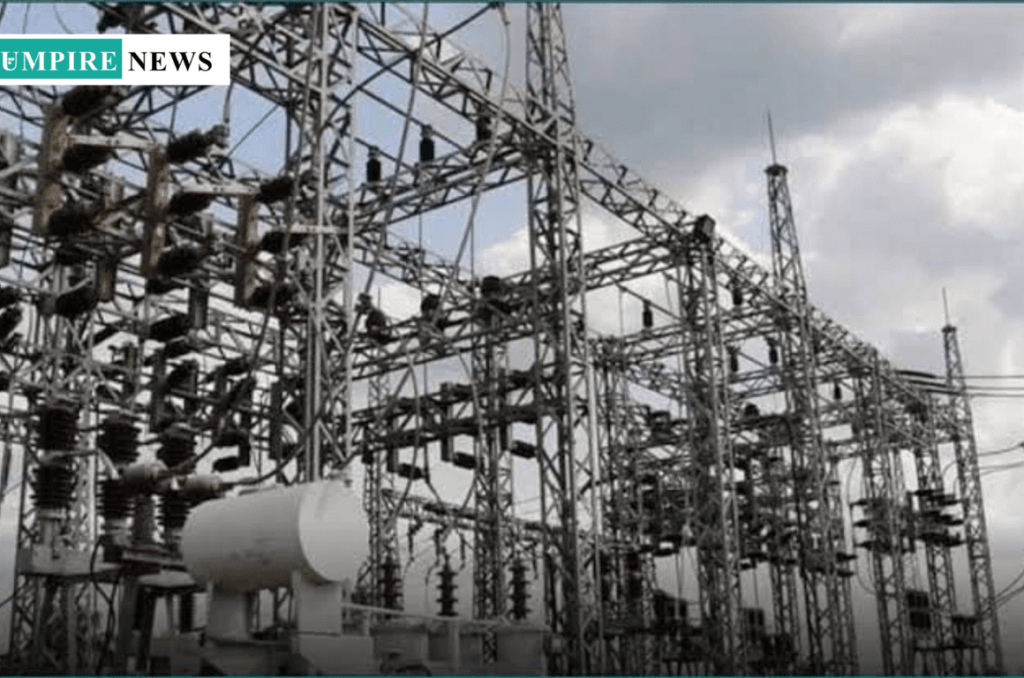
Addressing the issue requires a multi-faceted approach. First, the existing infrastructure needs to be thoroughly inspected and maintained. Older components, such as power lines and transformers, are vulnerable to failure and must be replaced or upgraded. Regular maintenance is essential to keep the system functioning effectively. The Nigerian Electricity Regulatory Commission (NERC) must ensure that the companies in charge of electricity distribution are adhering to maintenance schedules and carrying out necessary repairs on time.
The expansion of the grid is necessary to accommodate the growing population and rising demand for electricity. The government should invest in upgrading transmission and distribution networks to cover more areas and ensure that power reaches all corners of the country. This would not only reduce the number of outages but also improve the reliability of the grid in both urban and rural areas.
The government could also encourage investment in alternative energy sources such as solar and wind power. While these sources may not be able to fully replace the national grid, they can reduce pressure on the existing infrastructure. By incorporating renewable energy into the energy mix, the grid will become more stable and less vulnerable to disruptions. Incentives for private companies to invest in these alternatives could help ease the burden on the public power supply.
Another important factor in improving grid reliability is the training and capacity building of personnel. Skilled workers are needed to operate and maintain the complex systems that make up the national grid. Ensuring that there is an adequate workforce with the right skills will prevent delays in fixing problems when they arise. The government should invest in technical education and training programs to ensure that a new generation of workers is prepared to address the needs of the power sector.
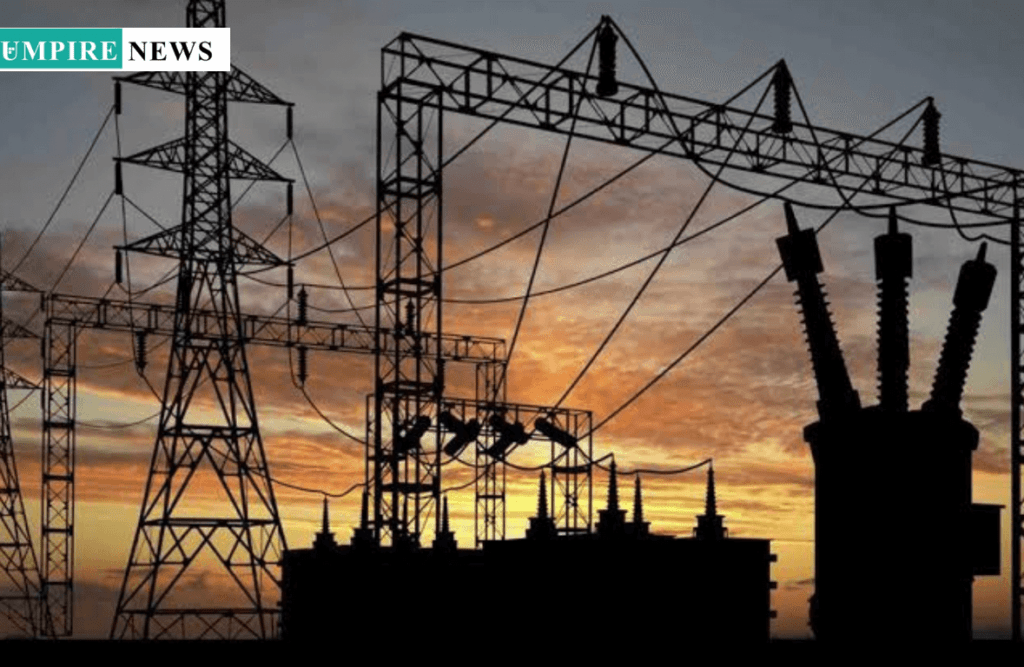
Public awareness also plays a role in the solution. Many Nigerians are unaware of the reasons behind frequent power outages and may not fully understand the challenges facing the grid. Providing clear information about the state of the grid, ongoing maintenance efforts, and what the public can do to help would improve cooperation between electricity companies and consumers. Educating the public about how to conserve energy during peak periods can also reduce the strain on the grid and help prevent avoidable blackouts.
The private sector can play a role in alleviating the strain on the grid. Companies can invest in their own backup power solutions, such as installing solar panels or larger generators, which would reduce their dependence on the national grid. While this may not be feasible for all businesses, it can provide an additional layer of resilience for those that can afford it. In turn, this could reduce the overall demand on the public power supply.
Investing in grid maintenance and modernization is not just about improving electricity availability; it is also about securing the future of the Nigerian economy. A stable and reliable power supply is essential for businesses to thrive, industries to grow, and citizens to live more comfortable lives. Failure to address the current issues with the national grid will only lead to more economic losses, fewer job opportunities, and a slower pace of development.
It has been reported recently, in many substation installations, of economic sabotage of power infrastructure by terrorists. Economic sabotage is a national security concern. It is imperative that the office of the National Security Adviser, manned by Mallam Nuhu Ribadu, should critically look into safeguarding power infrastructure by deploying the right security technologies nationwide. The terrorists responsible for such economic sabotage should be dealt with decisively to set a deterrent.
The government and stakeholders must prioritize the maintenance and upgrade of the national grid to ensure that Nigeria can meet its growing energy needs. Only through sustained investment in infrastructure and a long-term strategy for improving power generation, transmission, and distribution can the country move toward a more stable and prosperous future.


